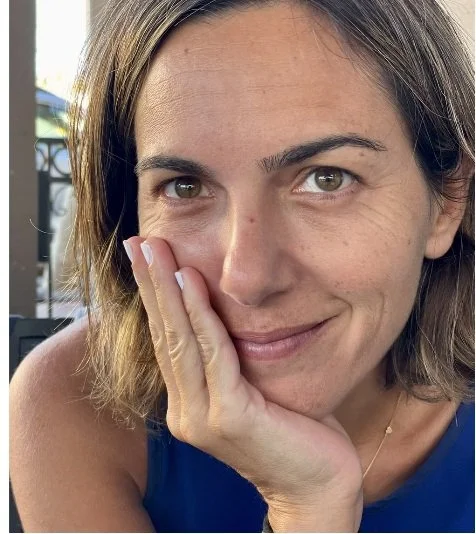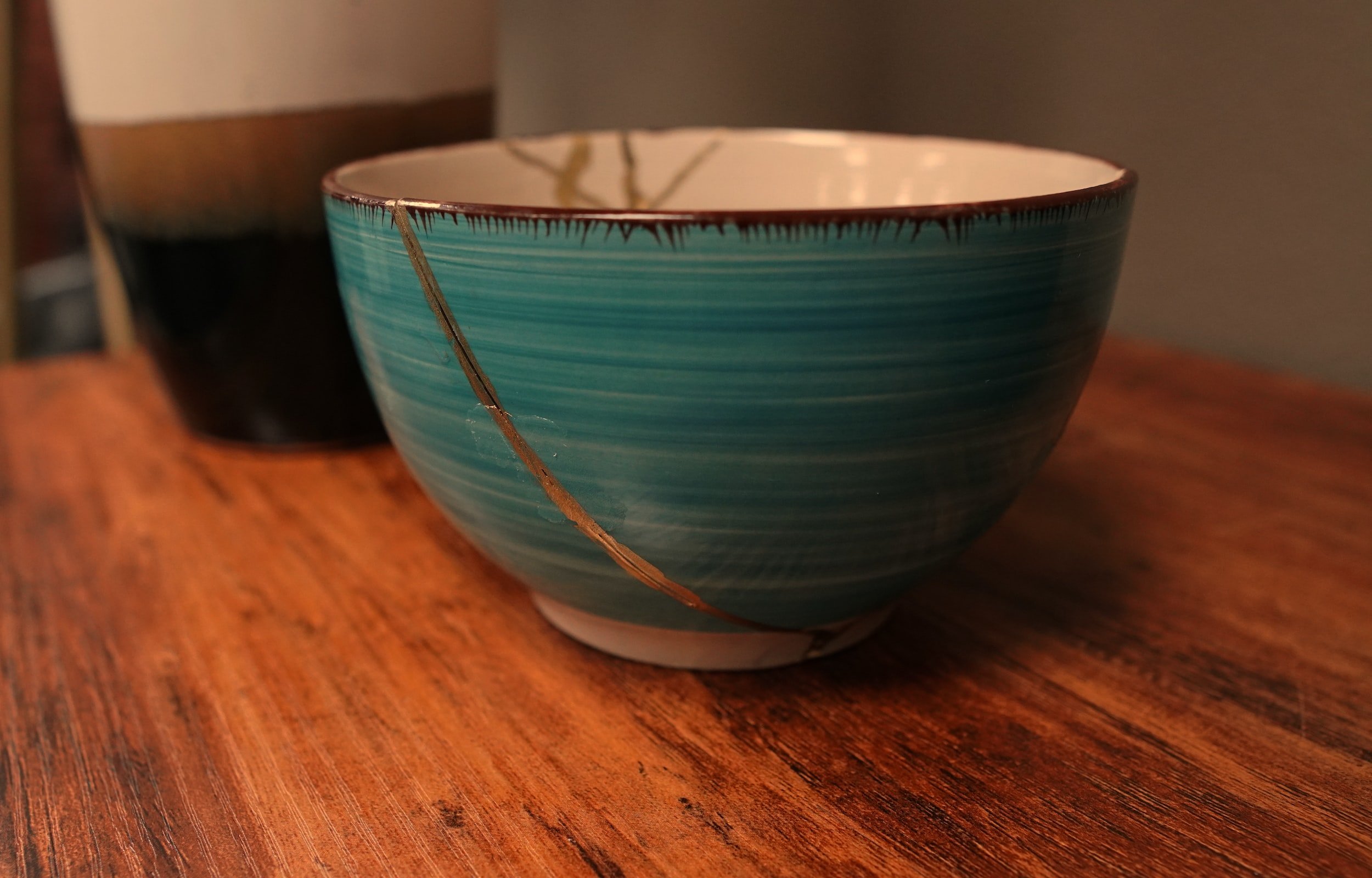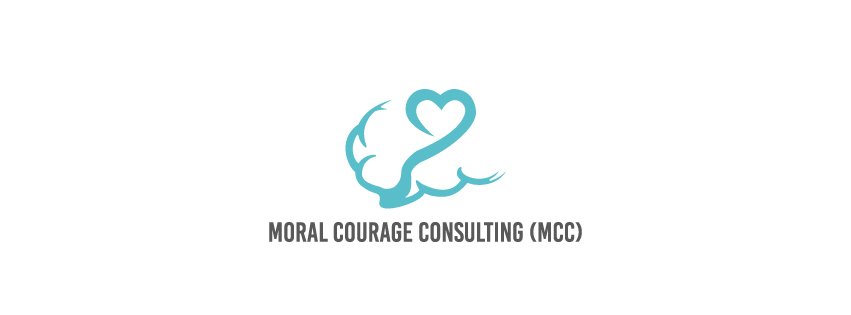
Introducing MCC, an international consulting group
Offering personalized and confidential consultations on transforming moral distress & moral injury to moral courage & resilience from doctoral level psychologists. We specialize in supporting healthcare providers, humanitarian aid workers, and anyone in the helping profession.
-

Melis Alkin, PsyD, ABPP
-

Huong Diep, PsyD, ABPP

Who Are We?
MCC is a culmination of our lived and professional experiences in humanitarian work, refugee communities, and mental health/medical establishments. We recognized the need for a confidential space for health care providers, humanitarian aid workers, and other “helpers” to process difficult and traumatic events that can cause moral distress and moral injury. Our consultations are based on an integrative approach that is non-judgmental, grounded in psychology and neurobiology, and focused on your personal values.
What Makes Us Different?
Multilingual, multicultural, board certified psychologists who have worked in multiple settings (hospitals, community mental health, schools, humanitarian aid organizations, etc.)
Lived in various countries including Turkey, Canada, US, Vietnam, Spain, and Peru. We have successfully navigated numerous multicultural and multilingual situations that require cultural sensitivity and nuance
Provided consultations, developed and provided trainings and therapy to medical doctors, medical residents, humanitarian aid workers, first responders, humanitarian lawyers, nurses, therapists, psychologists and social workers internationally.
Masters in Bioethics and a specialization in International Disaster Psychology. Fellow status in Thanatology (death education and counseling) from Association of Death Education and Counseling (ADEC)
Lived experience in the field providing direct services and also “helping the helper”
Research includes a doctoral paper presented at the International Trauma Conference titled “Existential themes in psychotherapists who work with survivors of torture.”
Who Do We Support?
Anyone in the helping profession. Some of our clients have shared:
“I don’t understand why I am still feeling guilty after all this time. I know I made the ‘right’ decision by why can’t I let these thoughts and feelings go?”
“I don’t want to consult a clinical ethicists. I worry about my professional reputation.”
“I am afraid that my organization to find out that I am still struggling with a situation that happened over 10 years ago. Is there something wrong with me? ”
“There are times we [as colleagues and co-workers] need help but we don’t want our issues to be pathologized.”
“I have a new role in my organization. As I am working in this new role, the moral dilemmas that I encountered in my previous work are coming up. It must have been deeply buried. I know that rationally, I have accepted the decision making process and the painful consequences, but I am still struggling with accepting it emotionally.”
“I can’t go to a therapist or a psychiatrist. I don’t need long-term therapy. Also, I don’t want to jeopardize my professional license by having a psychiatric diagnosis.“
“It feels relieving to learn that I am not the only one experiencing this confusion!”

There is a Japanese practice called kintsukuroi, meaning “golden repair.”
Kintsukuroi is the art of repairing broken pottery with powdered gold or platinum mixed with lacquer, so that the repair reflects the history of breakage. The repaired object mirrors the fragility and imperfection of life—and also its beauty and strength. The object returns to wholeness, to integrity.
You are not broken. You are a human being who is having a normal reaction to an abnormal event.
